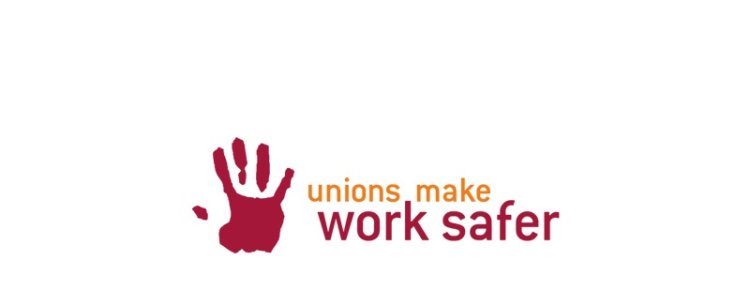As the Ebola death toll mounts in Liberia, burial teams are having to contend with physical risk and trauma as they take charge of safely burying the dead, often in the face of local anger.
Up to 6 September, the current Ebola outbreak had killed 1,224 Liberians, according to the World Health Organisation (WHO), with over two-thirds of the deaths in the preceding three weeks. Government and International Committee of the Red Cross (ICRC) burial teams initially took charge of burying the dead but had to recruit and train local teams to cope with the volume of corpses.
Global news service IRIN reports that in the first months of the outbreak, overwhelmed burial teams would only get to bodies three or four days after they had died, greatly upping the risk of transmission to family members as the virus remains active even in a dead body. Now the pick-up rate is usually within the day, said Fiyah Tamba, secretary-general of the Liberian Red Cross.
But pick-up gaps are still leading to bodies piling up, particularly in Monrovia, which is experiencing ongoing protests as a result. Workers have faced stress from the nature and pressure of the work, as well as anger from relatives of the dead and local communities.
WHO figures up to 6 September 2014 include 4,269 probable, confirmed and suspected cases and 2,288 deaths reported in the current outbreak by the health ministries of Guinea, Liberia and Sierra Leone. NGO Médecins sans Frontières (MSF), WHO and affected governments have repeatedly called on other nations to step up their response if the disease is to be contained.


